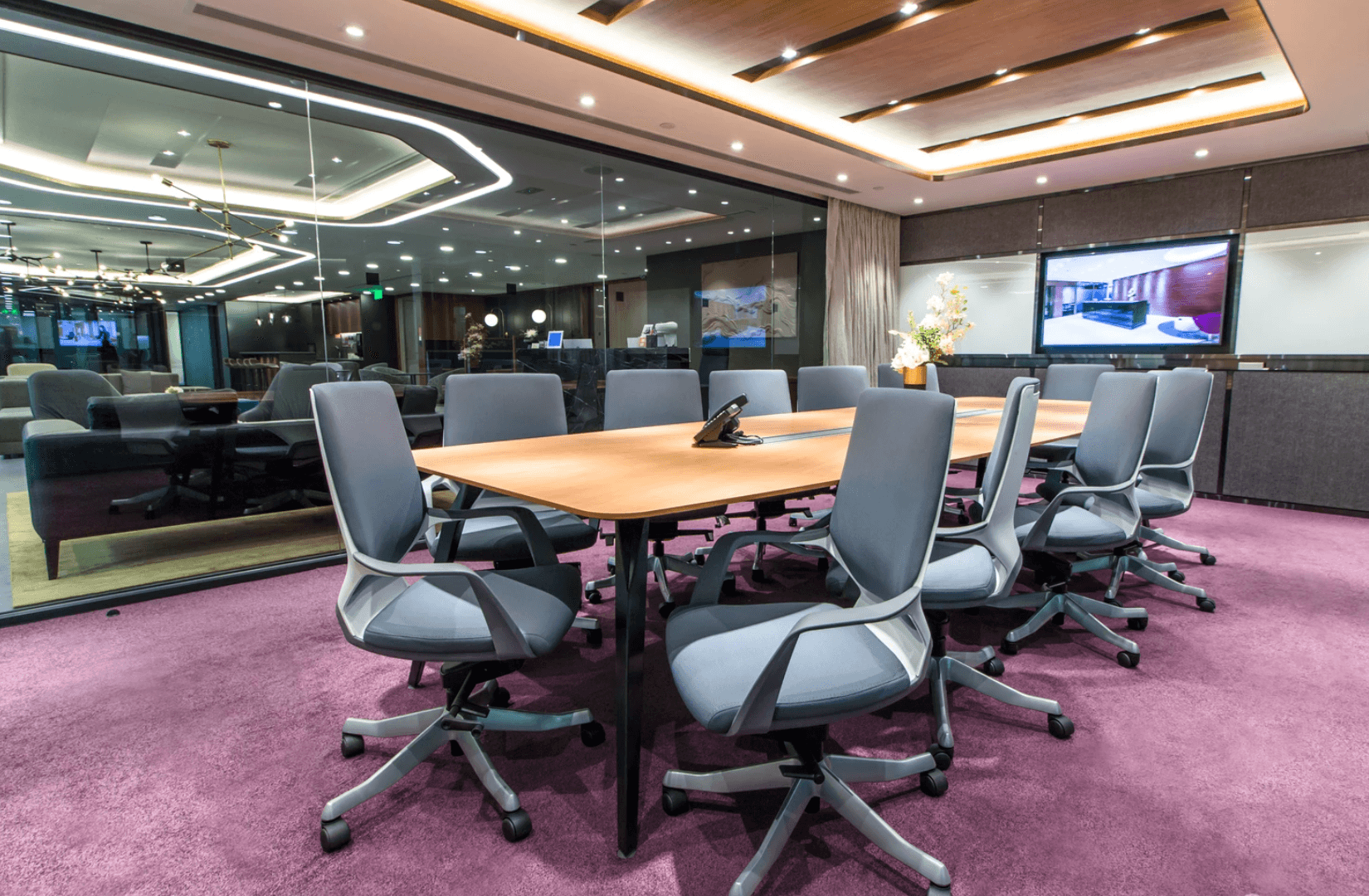Hong Kong’s retail landscape is witnessing a striking shift in leasing dynamics, particularly in one of its most famous districts: Causeway Bay. Once home to luxury stores and high-end brands, this vibrant area is now becoming increasingly populated by bubble tea chains, often at drastically reduced rents. The practice, which sees landlords leasing prime commercial space at up to 60% off, has raised eyebrows within the Hong Kong real estate market. This “retail rot” highlights how commercial leases are evolving in response to shifting consumer habits, the pandemic’s aftermath, and the growing influence of flexible workspaces.
The Impact of Remote Work and Post-Pandemic Trends
The remote work movement has significantly altered the demand for traditional retail and office spaces. Many businesses, particularly in sectors like tech and finance, have embraced hybrid work models, reducing the need for large, central office spaces. This shift has left landlords scrambling to adjust lease terms to remain competitive. Retail spaces that once commanded premium rents are now being rented out at steep discounts, as landlords look for any tenants willing to take the space.
For commercial lease Hong Kong, this shift is a double-edged sword. On the one hand, it provides affordable leasing options for emerging businesses such as bubble tea chains. On the other hand, it signals a troubling trend for landlords who invested heavily in prime retail locations. With many luxury stores vacating and the area becoming dominated by less upscale tenants, property values and long-term lease stability are at risk.
Flexible Workspaces and Coworking Spaces: The New Frontier
As businesses embrace hybrid and remote work models, the demand for flexible office solutions has skyrocketed. Coworking spaces, offering a diverse range of work environments and shorter lease terms, have become more popular than ever in Hong Kong. The rise of these flexible workspaces is reshaping the commercial lease landscape, as businesses seek short-term, scalable solutions that match their evolving needs.
MatchOffice has become a go-to platform for companies looking to explore coworking spaces, offering insights into flexible workspaces, lease negotiation tips, and property management practices. The need for agility in commercial leasing is now paramount, and businesses must adapt quickly to the changing market dynamics.
How Technology and Sustainability Are Shaping Leasing
Technology is driving significant change in the leasing landscape. With advancements in digital tools and platforms, tenants can now easily assess properties, negotiate leases, and sign contracts remotely. The ability to work virtually has made it easier for businesses to expand beyond traditional office spaces, influencing both the demand for commercial leases and tenant expectations.
Sustainability also plays a growing role in commercial property investment and leasing. As businesses become more eco-conscious, there is an increasing emphasis on leasing properties that incorporate green building practices and energy-efficient designs. Landlords who prioritize sustainable development are likely to see long-term benefits, including higher tenant retention rates and reduced operational costs. This shift in priorities also mirrors the broader trends in the future of work, as companies and workers alike demand more environmentally responsible options.
The Future of Commercial Leasing
Looking ahead, the future of commercial leases in Hong Kong seems poised for more changes. As the pandemic’s effects continue to unfold, businesses will likely adopt more hybrid work models and demand increasingly flexible lease terms. For landlords, this means revisiting leasing strategies to accommodate the growing trend of digital nomadism and the gig economy, which favors shorter, more adaptable leases over long-term commitments.
As coworking spaces and flexible offices continue to rise in popularity, landlords must rethink traditional office spaces. For businesses, especially startups looking to grow, the new leasing strategies offer exciting opportunities to align office space needs with their dynamic workforces. Networking events for local businesses and forums for startups to discuss leasing challenges will become invaluable resources for connecting with like-minded entrepreneurs and finding the right commercial spaces.
How Businesses Can Adapt Their Leasing Strategies
To navigate these changing times, businesses must focus on adaptability and flexibility in their leasing strategies. Here are some ways to approach leasing in Hong Kong’s evolving market:
- Explore flexible office options: Whether coworking spaces or shorter-term leases, businesses can benefit from leases that offer scalability and low upfront costs.
- Negotiate lease terms: With a competitive market, businesses can negotiate lower rents and better terms, especially in less traditional spaces.
- Leverage technology: Digital tools and platforms like MatchOffice make it easier to compare spaces, manage contracts, and track market trends.
- Prioritize sustainability: As tenants increasingly demand eco-friendly office environments, focusing on energy-efficient buildings and green spaces can provide a competitive edge.
Opportunities for Networking and Collaboration
For businesses looking to grow and adapt, networking events and partnerships with real estate professionals are essential. Local forums for startups to discuss leasing challenges and workshops on lease negotiation will provide valuable resources for navigating the complexities of commercial leases. Collaboration between coworking space operators and businesses will continue to foster a community-driven environment, encouraging innovation and business growth.
Conclusion
As Causeway Bay’s “retail rot” continues to unfold, the commercial lease landscape in Hong Kong is undergoing significant transformation. The rise of flexible workspaces, the influence of technology, and the growing importance of sustainability are all shaping the future of office leasing. By staying informed and adaptable, businesses can leverage these changes to find optimal leasing solutions that support their growth and success in a rapidly evolving market.
